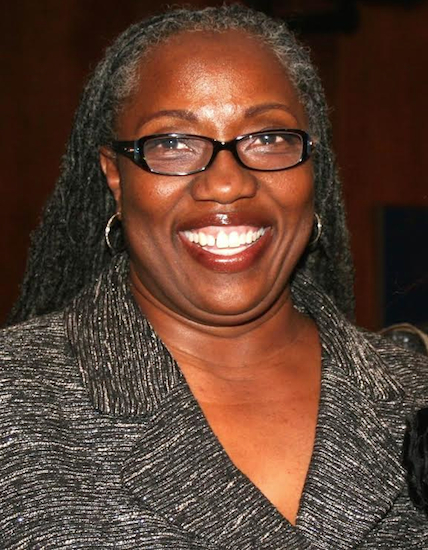Brooklyn judge blocks heir’s attempt to avoid N.Y. tax on $6M estate

A Brooklyn Surrogate judge rejected a petition of an heir who sought to disclaim her infant daughter’s interest in a deceased grandparent’s estate for the purpose of avoiding a large estate tax liability.
While New York courts have on occasion granted the renunciation of an infant’s right to an inheritance, the Brooklyn court held earlier this month that the best interest of the child must be a determining factor.
Sharon Lindsay died without a will in May 2014, leaving behind three distributees of her large estate: her husband, son and daughter, Kimberly Friedman. Upon her death, Lindsay left a large estate — approximately $6.25 million — to be shared among her immediate loved ones. Due to New York Estate Tax law, Friedman’s and her brother’s share would be subject to a $200,000 tax liability. The share allotted to Lindsay’s husband (Friedman’s father), would, however, be free from tax liability thanks to a martial exception.

Brooklyn Boro
View MoreNew York City’s most populous borough, Brooklyn, is home to nearly 2.6 million residents. If Brooklyn were an independent city it would be the fourth largest city in the United States. While Brooklyn has become the epitome of ‘cool and hip’ in recent years, for those that were born here, raised families here and improved communities over the years, Brooklyn has never been ‘uncool’.